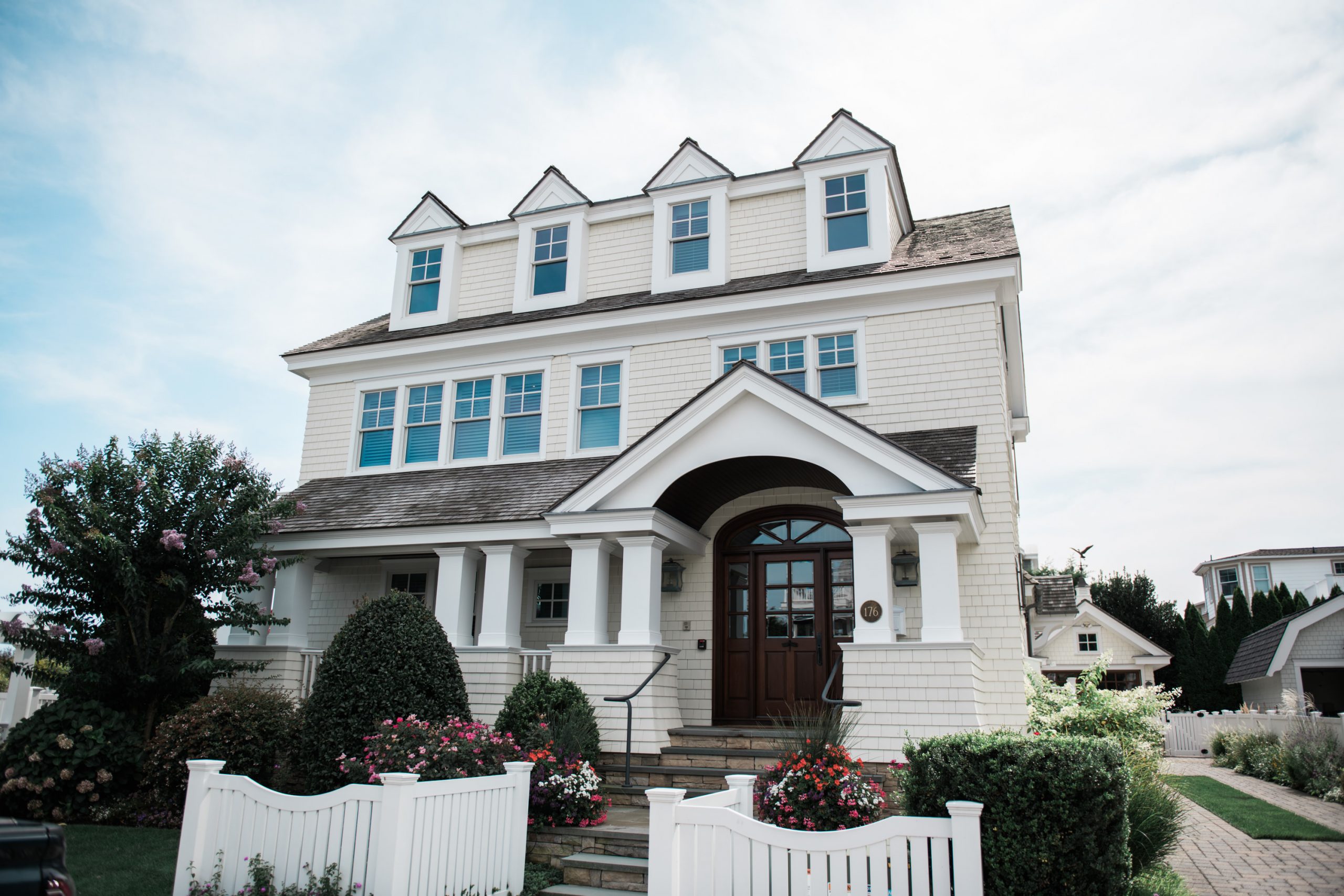If you longed to escape your home and the radius of blocks that confined your daily walks in 2020, you weren’t alone. Vacation home property sales soared during the pandemic in response to several simultaneous conditions.
The Covid-19 pandemic shut down global travel and led to restrictions on travel between states to reduce the spread of the disease. Cancelled trips and pent-up demand for travel created a surge of interest in vacation properties, with sales spiking in locations within driving distance of major cities, such as along the Chesapeake Bay near Washington, D.C., at beach resorts in Delaware, Maryland and New Jersey that are popular with people who live in D.C., New York and Philadelphia, and in the Hamptons and Adirondack Mountains near New York City.
In addition to the desire for a change of scenery, some people found they had more discretionary money now that they weren’t traveling or commuting but were still working full-time. Savings rose as these individuals reduced their spending on entertainment and dining out. Home equity rose sharply as the overall housing market heated up and sent home values up by double digits. In addition, low mortgage rates made financing a vacation home purchase less costly.
Demand soars in drivable destinations
The National Association of Realtors identifies 200 counties within the country as “vacation counties” because at least 20% of the homes in the county are used seasonally. Among those counties, 81% saw increased sales between July through September 2020 compared to July through September 2019. These include Northumberland, Virginia (Northern Neck Peninsula of Chesapeake Bay); Sussex, Delaware (Rehoboth Beach) and Cape May, New Jersey (Cape May)—all areas where Long & Foster operates.
The pandemic led many people to reflect on where and how they want to live. While many anticipate returning to an office at least some of the time, the experience of working and learning remotely created a new openness to buying a home for extended vacations. Some families found that competition for vacation rental properties in popular locations was steeper than usual as more distant vacations were cancelled. For some of these families, the frustration turned into a desire to buy a permanent vacation home.
For example, according to PennLive, demand for vacation rentals spiked beginning last July in most of New Jersey’s beach towns and there were record home sales. In Cape May, where 47% of the homes are vacation homes, many homeowners began using those second homes for longer stays or permanently, making them unavailable for weeklong rentals. Real estate agents report that more vacation home buyers plan to use their homes rather than rent them.
What vacation home buyers want
While vacation home styles vary, builders of these properties say some characteristics differ from primary homes, according to Builder magazine. Vacation home buyers typically want more bedrooms to accommodate more overnight guests. Buyers also often want a bigger home and a bigger lot if possible. This was particularly true during the pandemic when vacation homes and outdoor activities offered a valuable escape from doing everything at home.
Indoors, vacation home buyers are looking for large open entertaining spaces, big kitchens and more than one laundry room if possible. An office nook or quiet place to make calls also became important now that so many people are working remotely.
Outdoor amenities such as swimming pools, fire pits, kitchens, showers and bocce courts are desirable for vacation homes, along with covered and open-air terraces and decks. Proximity to vacation activities such as boat ramps or a marina, ski slopes, tennis courts and golf courses is also valuable to vacation home buyers for their own enjoyment and resale value.
What to consider when buying a vacation property
Buying a vacation home requires more thought than booking a trip or even renting a home for a few weeks.
How you’ll use the home now and in the future. While you may be able to spend weeks or months in your vacation home this year, think about how often you’ll use it if you transfer back to working in the office. You may not be hosting large gatherings yet, but if you’d like to do so in the future, be sure to look for a place to accommodate entertaining.
How far you want to travel for vacations. If you plan to transition frequently between your homes, you may want to pick a location within a two or three-hour drive at most.
Whether you want to rent the property to vacationers. Renting your property can offset the cost, but you may want to hire a property manager to handle the maintenance and book tenants.
How much the insurance, taxes and maintenance will cost. Even if you pay cash, you’ll have some ongoing costs to maintain a vacation home. You’ll need to protect the property when you’re absent, too.
If you’re thinking about buying a vacation home this year, consult a Long & Foster agent for local market expertise and knowledge of national trends. Long & Foster has multiple divisions to help you manage any real estate transaction and extensive resources for data analysis to inform your decisions.
